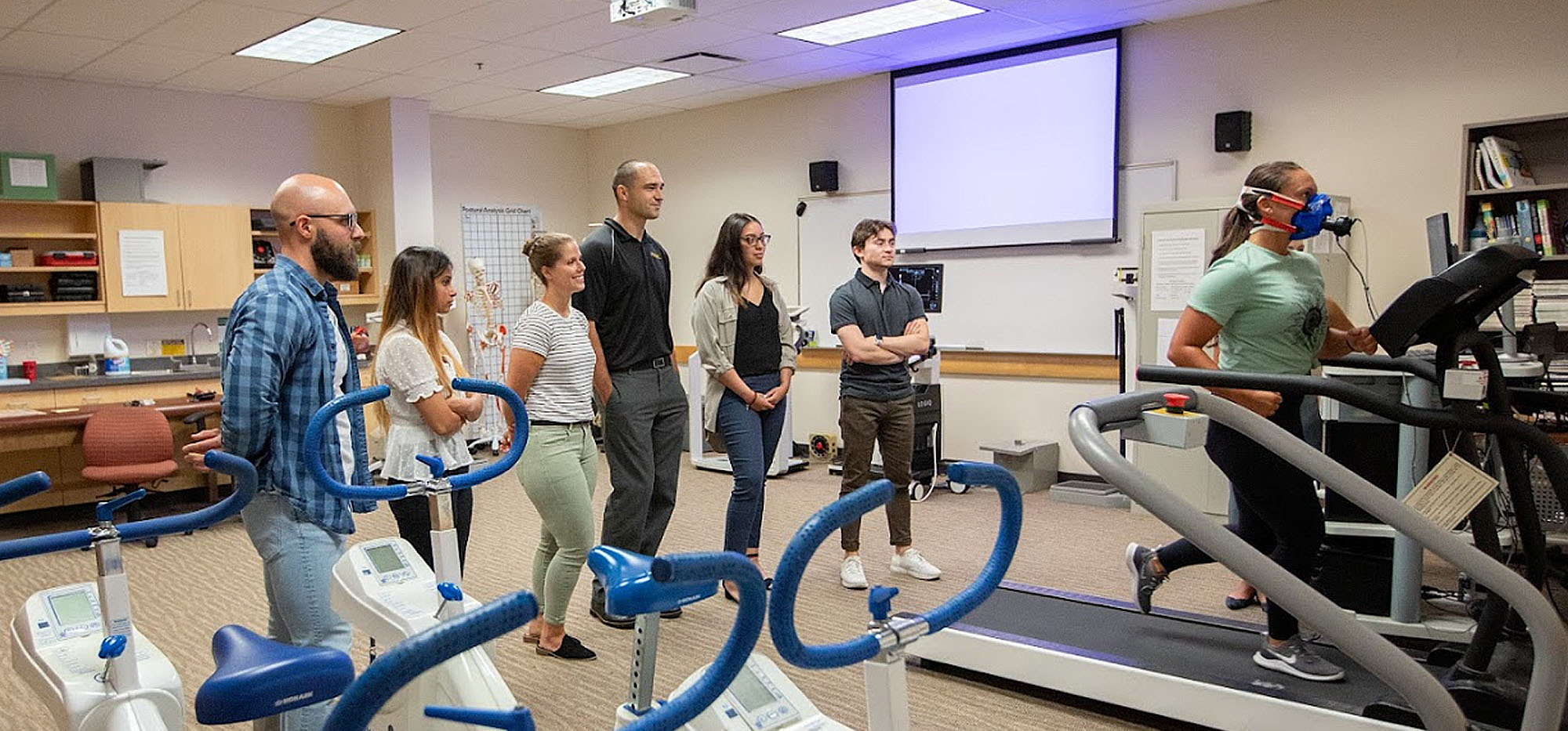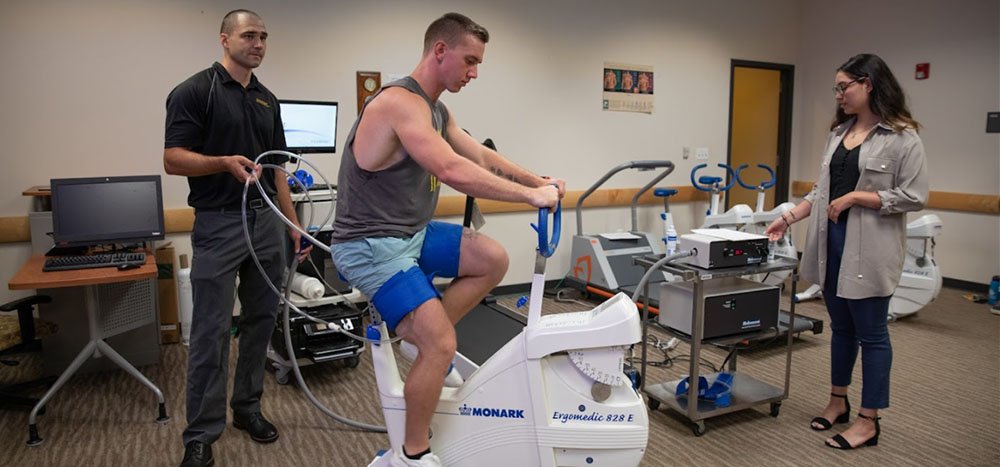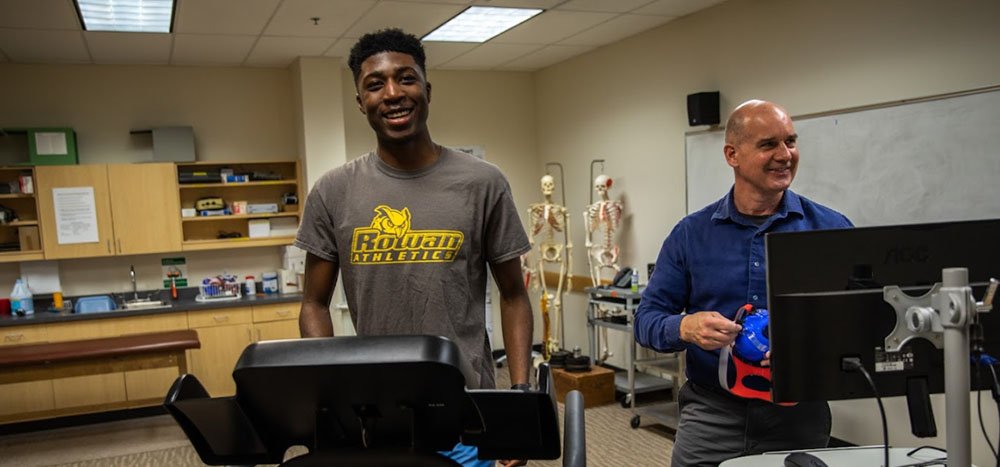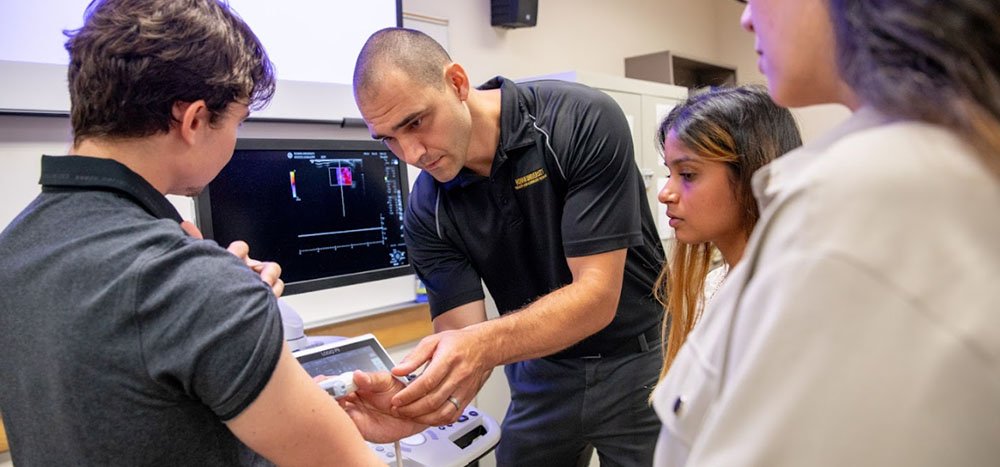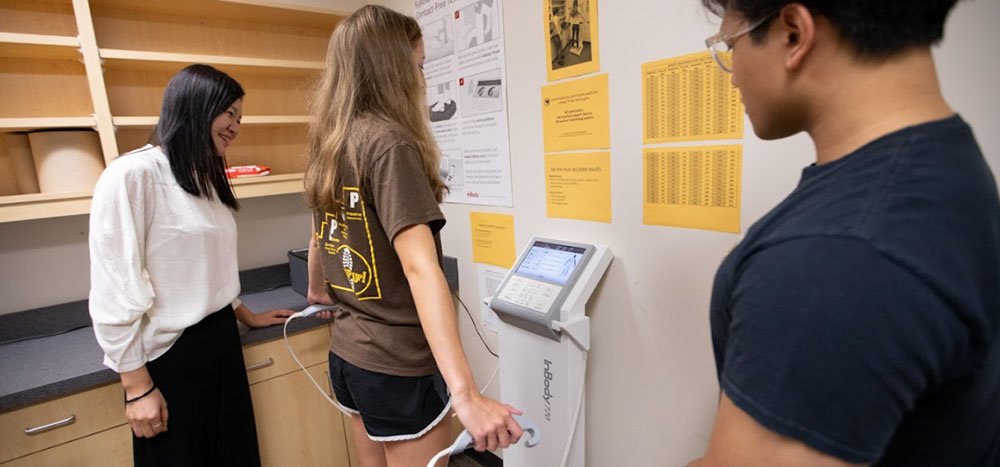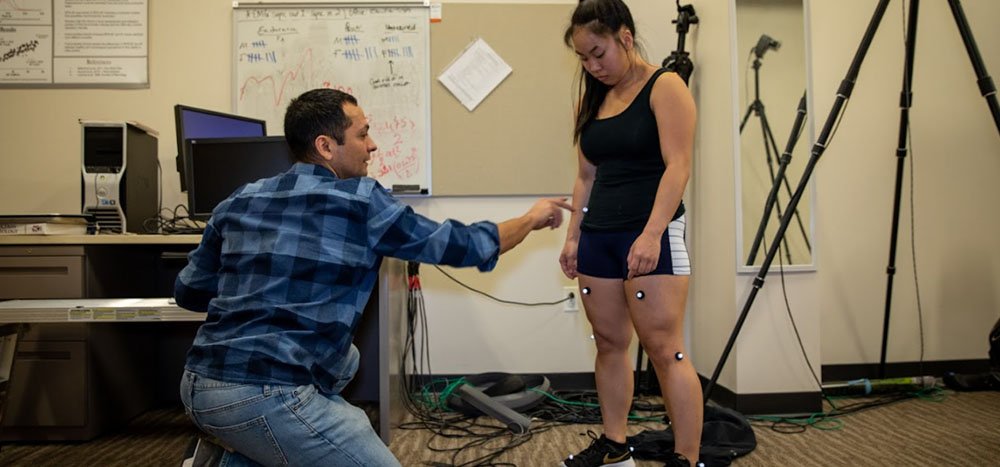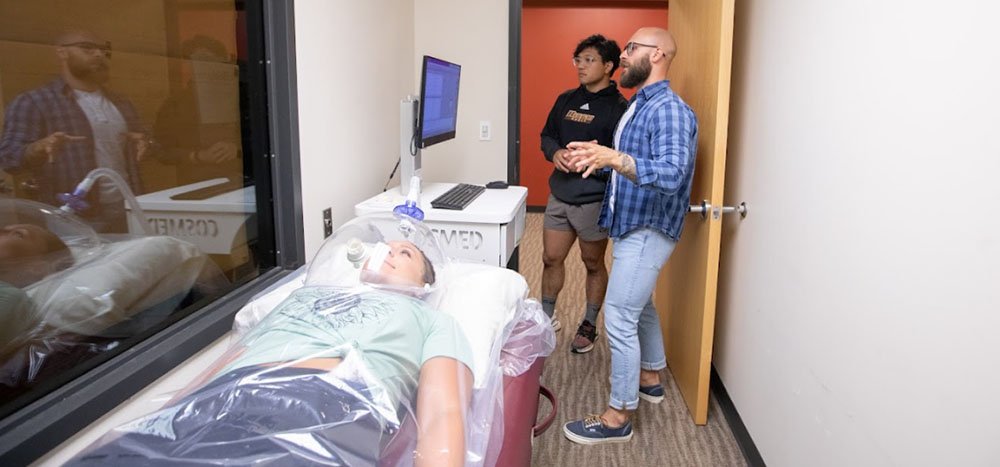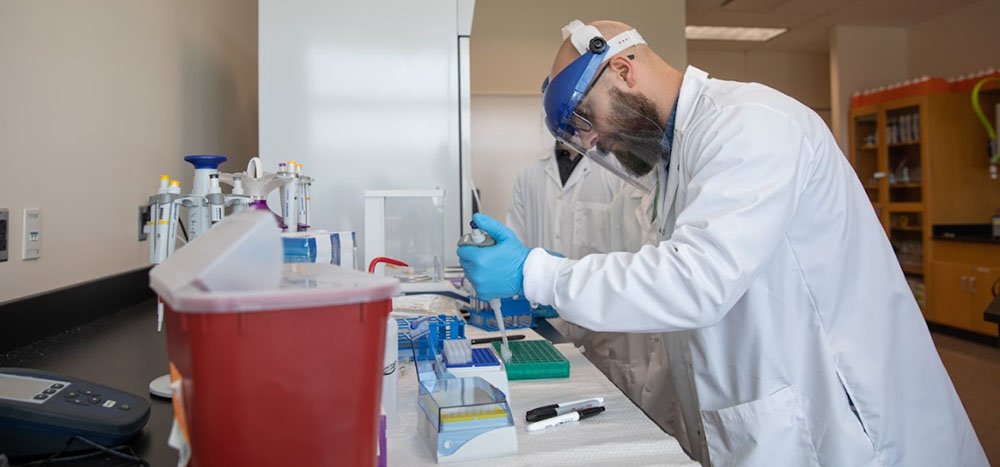Research
Health and Exercise Science Research
 JoAnne Bullard, PsyD
JoAnne Bullard, PsyD
Dr. Bullard's research interests involve the mind-body balance of student-athletes and performance in both athletics and academics. More specifically, her main focus involves sport psychology practices and how they can enhance the overall well-being of collegiate student-athletes. This includes aspects directly related to performance, such as anxiety management, stress management, mindfulness, etc., and related to academic performance, including academic achievement motivation. Another area of focus is providing modalities to assist with transitioning out of collegiate athletics and preparing for future careers and professions through career preparedness, interviewing skills and networking. Her current areas of focus include the impact of gratitude and reflective journaling to enhance resiliency in first-year student-athletes, the impact COVID-19 has had on the well-being of Division III collegiate student-athletes, and the impact of a mindfulness-based intervention for injured athletes utilizing athletic training rehabilitation services.
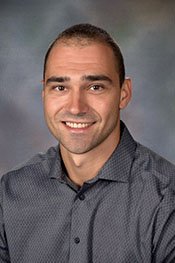 Scott Dankel, PhD
Scott Dankel, PhD
Dr. Dankel's current research interests are in the area of resistance exercise. Much of his research has been done on blood flow restricted exercise and methods to make the stimulus safe and effective across all individuals. Other research interests include attempting to decipher if and why individuals may respond differently to resistance exercise after accounting for measurement error and random biological variability. Learn more about the Dankel Lab.
Aleksis Grace, PhD, ATC
 Aleksis Grace's research focuses on preventing sudden death in sport, access to emergency equipment and appropriate health care for athletes, and the role of social determinants of health in emergency outcomes. Her dissertation, “A Case Series of Exertional Heat Stroke Events in Organized Sport: The Impacting Factors in EHS Survivals with Long-Term Complications,” examines factors influencing survival in exertional heat stroke cases.
Aleksis Grace's research focuses on preventing sudden death in sport, access to emergency equipment and appropriate health care for athletes, and the role of social determinants of health in emergency outcomes. Her dissertation, “A Case Series of Exertional Heat Stroke Events in Organized Sport: The Impacting Factors in EHS Survivals with Long-Term Complications,” examines factors influencing survival in exertional heat stroke cases. SoJung Kim, PhD, CBDT, CPT
SoJung Kim, PhD, CBDT, CPT
Dr. Kim's research interests are to explore:
1) the associations among bone-loading physical activity, body composition, arterial stiffness, and lifestyle habits among young adults and
2) the benefits of alternative exercise regimens (e.g., yoga, exercise with blood flow restriction) on bone and cardiovascular health.
Dr. Kim is particularly interested in the effects of these interventions among women who are premenopausal vs. in menopause, Hispanic children/youth, and people with intellectual and developmental disabilities (IDD), as these understudied groups are at high risk for the initial stages of bone loss and cardiovascular disease development. Learn more about the Kim Lab.
 Dylan Klein, PhD
Dylan Klein, PhD
Dr. Klein's broad aim of his research program is to understand how exercise and nutrition affects skeletal muscle metabolism and whole-body physiology and health, with a specific emphasis on how nutrition and training modifies the stress, metabolic, and physiologic responses to acute exercise.
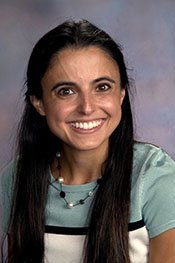 Dara LoBuono, PhD
Dara LoBuono, PhD
Dr. LoBuono's research broadly focuses on understanding the nutritional needs and ways to increase access to nutrition and health information using innovative mediums for a variety of populations, including people with Parkinson’s disease, traumatic brain injury, older adults and informal caregivers. The nature of her research is interdisciplinary and utilizes mixed methodologies. Other research interests include preparing students to work in interprofessional teams and improving their perceptions of aging and working with older adults.
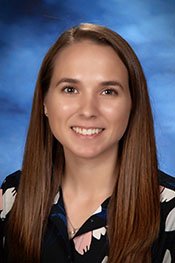 Jennifer Longo, PhD, ATC
Jennifer Longo, PhD, ATC
Dr. Longo's research interests involve identifying factors associated with back pain in tactical athletes. Much of her research has been done with the Army ROTC population and has focused specifically on changes in muscle activity during loaded vs unloaded walking and how that relates to the presence of low back pain. She has also investigated the relationship between fitness and injury utilizing the Army Physical Fitness Test as well as the new Army Combat Fitness Test. Other research interests include cardiopulmonary resuscitation as performed by allied health care providers, including how the presence of athletic protective equipment impacts the quality of CPR.
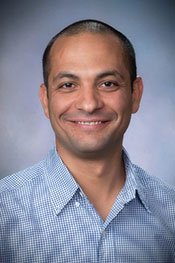 Mehmet Uygur, PhD
Mehmet Uygur, PhD
Dr. Uygur's research interests include the assessment of hand function and neuromuscular quickness through object manipulation in healthy and neurological populations. I am developing a non-invasive measurement technique that quantifies both neuromuscular quickness and force coordination simultaneously. He is also interested in the effects of high speed, low resistance exercise on different aspects of cognitive and motor functions in neurological populations including people with schizophrenia and multiple sclerosis.
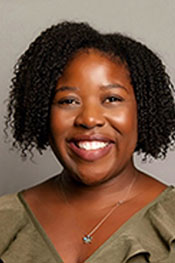 Nicole A. Vaugh, PhD
Nicole A. Vaugh, PhD
Dr. Vaughn's research interests include using community based participatory research methods to address food access and chronic disease prevention in urban and rural settings. Her research includes using evidence-based and evidence informed interventions with community partners to improve public health. Much of her research has involved implementing interventions to improve access to prediabetes and diabetes education in local and familiar settings such as churches, recreation centers and grocery stores. Additional funded research projects have focused on working in large community coalitions to increase fresh produce for individuals with diet-related needs and limited resources.
